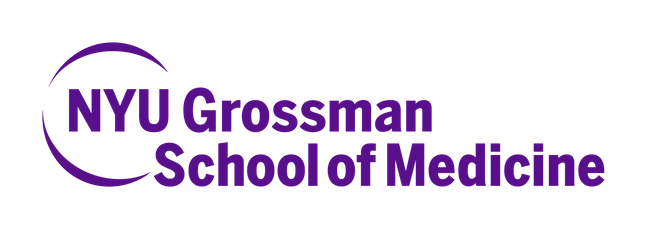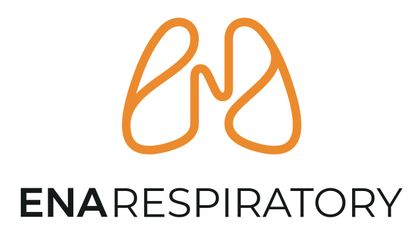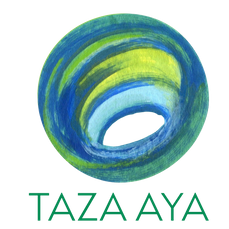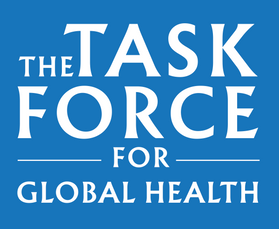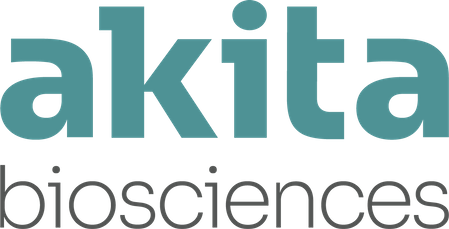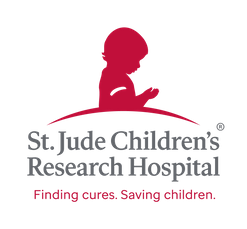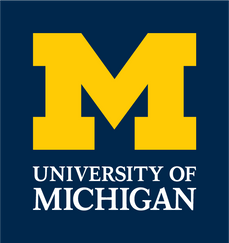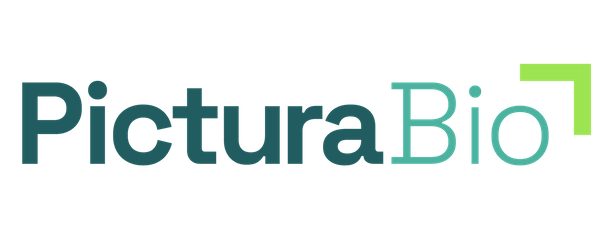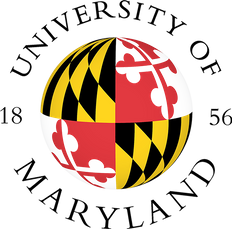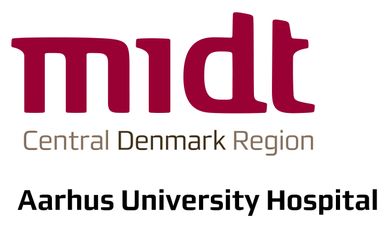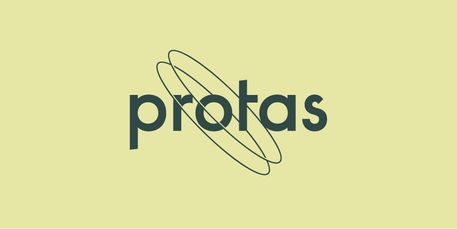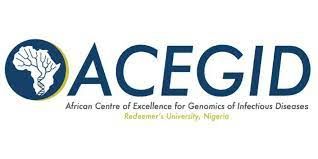Fueling bold approaches
Flu Lab's mission is to eliminate the threat of influenza, a highly contagious virus that causes annual epidemics of disease and poses an ever-present risk of a catastrophic pandemic. To achieve this, Flu Lab finds and supports efforts that approach persistent problems in new and dynamic ways, with actionable results.
Through grantmaking, investing, and partner collaborations, Flu Lab seeks to help grantees and early-stage companies develop innovations that will help accelerate the availability of new solutions for global influenza challenges.
Awarded Grants and Investments
We are pleased to showcase the breadth of our grant-making and investments. For news and updates about some of these projects, visit News + More.
The tenOever Lab
Advancing a pathway to influenza-resistant poultry to minimize disease transmission between animals and humans.
$2,443,750 / February 2025
ENA Respiratory
Developing INNA-051, a simple-to-administer, virus-agnostic, seasonally delivered product designed to minimize the impact of viral respiratory infections.
$5,000,000 / Series B / February 2025
FLUdetect Clinical Study
Capturing acute viral infection dynamics over time to identify immune correlates of reduced shedding and transmission potential.
$1,285,670 / January 2025
Center for Transmission of Airborne Pathogens
Leveraging multidisciplinary approaches to investigate the transmission of respiratory pathogens and strategies to limit their spread.
$14,000,000 / December 2024
Taza Aya
Optimizing a non-thermal, plasma-powered prototype device for maskless personal protection from airborne pathogens.
$200,000 / December 2024
Center for the Advancement of Diagnostics for a Just Society
Accelerating the development, translation, and implementation of new technologies for disease diagnosis while ensuring health equity and justice.
$1,000,000 / December 2024
Task Force for Global Health
Facilitating collaborative approaches among influenza research funders to maximize impactful and efficient investments.
$100,000 / November 2024
Akita Biosciences
Conducting clinical studies of a drug-free nasal spray designed to block and neutralize airborne influenza virus and other respiratory pathogens.
$384,000 / November 2024
University of Oxford
Developing a safe, effective, and broadly protective influenza vaccine to prevent infection with, or transmission of, influenza.
£2,344,885 / June 2024
Icahn School of Medicine
Leading virus species identification and analysis for the New York City Virus Hunters community science program.
$1,073,042 / May 2024
St. Jude Children's Research Hospital
Incorporating genotype accessibility into influenza virus evolutionary predictions.
$1,370,388 / May 2024
Center for Green Schools
Equipping schools and education stakeholders with information and guidance to improve ventilation and air filtration in classrooms.
$955,710 / May 2024, October 2021, August 2021
Scout
Advancing the development of Respiratory Scout, a low-cost molecular test to diagnose influenza and other respiratory virus infections.
$161,000 / March 2024
University of Michigan
Establishing FluGuardians, a new birth cohort study to gain a deeper understanding of the development of influenza immunity.
$6,663,637 / March 2024
Center for Radiological Research
Conducting far-UVC light ocular and stratum corneum safety studies in diverse human populations.
$1,662,490 / March 2024
Vivaldi Biosciences
Evaluating the immunogenicity and protection of an intranasal universal influenza vaccine candidate against wild-type transmission in ferrets.
$406,000 / December 2023
Washington University in St. Louis
Creating a handheld, rapid result, breath-based diagnostic for the detection of multiple respiratory pathogens.
$3,595,280 / November 2023
Panoplia Labs
Developing inhalable, broad-spectrum antivirals that provide extended prophylaxis against infectious diseases.
$159,000 / October 2023
PicturaBio
Creating the first universal testing platform to provide fast, accurate, digital imaging-based identification for infectious disease pathogens.
£700,00 PreSeed / October 2023
Fishell Institute for Biomedical Devices
Adapting graphene-based biosensors for the selective detection of influenza.
$1,348,454 / June 2023
Emory University
Establishing a reproducible, experimental human infection model of influenza virus transmission and evaluating interventions.
$3,479,305 / March 2023
University of Oxford
Evaluating treatments for severe and complicated influenza infections in hospitalized patients with RECOVERY FLU, a cost-efficient, adaptive platform clinical trial.
£11,416,263 / December 2022
University of Auckland
Leading a multidisciplinary and collaborative effort to observe and examine the reintroduction and transmission of influenza in New Zealand and identify novel immunological markers of severe influenza disease.
11,340,572 NZD / December 2022, May 2021
Detect
Developing fast, accurate, and affordable molecular tests for routine use by everyone, including consumers in the home, employees in the workplace, and students at school.
Series C / November 2022, Series B / April 2021
Aarhus University Hospital
Leading INVITED, a multicenter, prospective randomized clinical trial among Type 1 diabetes patients to improve our understanding of the protective effect of influenza vaccination.
2,768,181 DKK / September 2024, October 2022
Protas
Reducing barriers to better treatments by designing and delivering high-quality, large-scale and global clinical trials at a fraction of current industry cost.
£5,000,000 / October 2022
NYC Virus Hunters
Creating an immersive approach to science education to unlock the potential of the next generation of influenza researchers in New York City.
$1,146,303 / July 2022, April 2020
Behavior Change for Good Initiative
Leveraging the expertise of over 100 behavioral scientists to identify effective, scalable interventions for promoting immunizations.
$2,435,763 / March 2022, June 2021, October 2020
Virgina Tech
Leading the Multidisciplinary InvesTIGAtion of Transmission to Ease inFLUenza (MITIGATE FLU) study to transform our understanding of influenza virus transmission.
$8,792,291 / February 2022
Western Cooling Efficiency Center
Optimizing ventilation system operations to minimize airborne infectious disease transmission, pollutant exposure, and energy consumption.
$327,539 / November 2021
Center for Open Science
Leading multiple initiatives to promote open science and expand the publication of null and negative influenza research findings and replication studies.
$18,398,983 / August 2021, April 2020, August 2019
Sentinel Project
Developing ultra-sensitive genomic and CRISPR technologies to detect pathogens in multiple, connected settings to prevent pandemics before they start.
$5,000,000 / February 2021
Sentinel Project
Combining diagnostic technology and information-sharing platforms to connect early warning data to the public health community.
$11,250,000 / December 2020
Funding Opportunities
Through grants and investments, Flu Lab supports efforts to advance innovative approaches for the prevention and treatment of influenza. For more information about our funding priorities and to apply for funding, you may review and complete this form.



